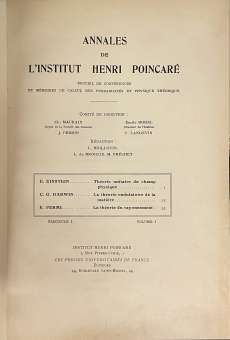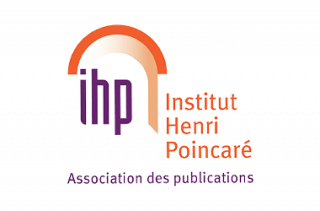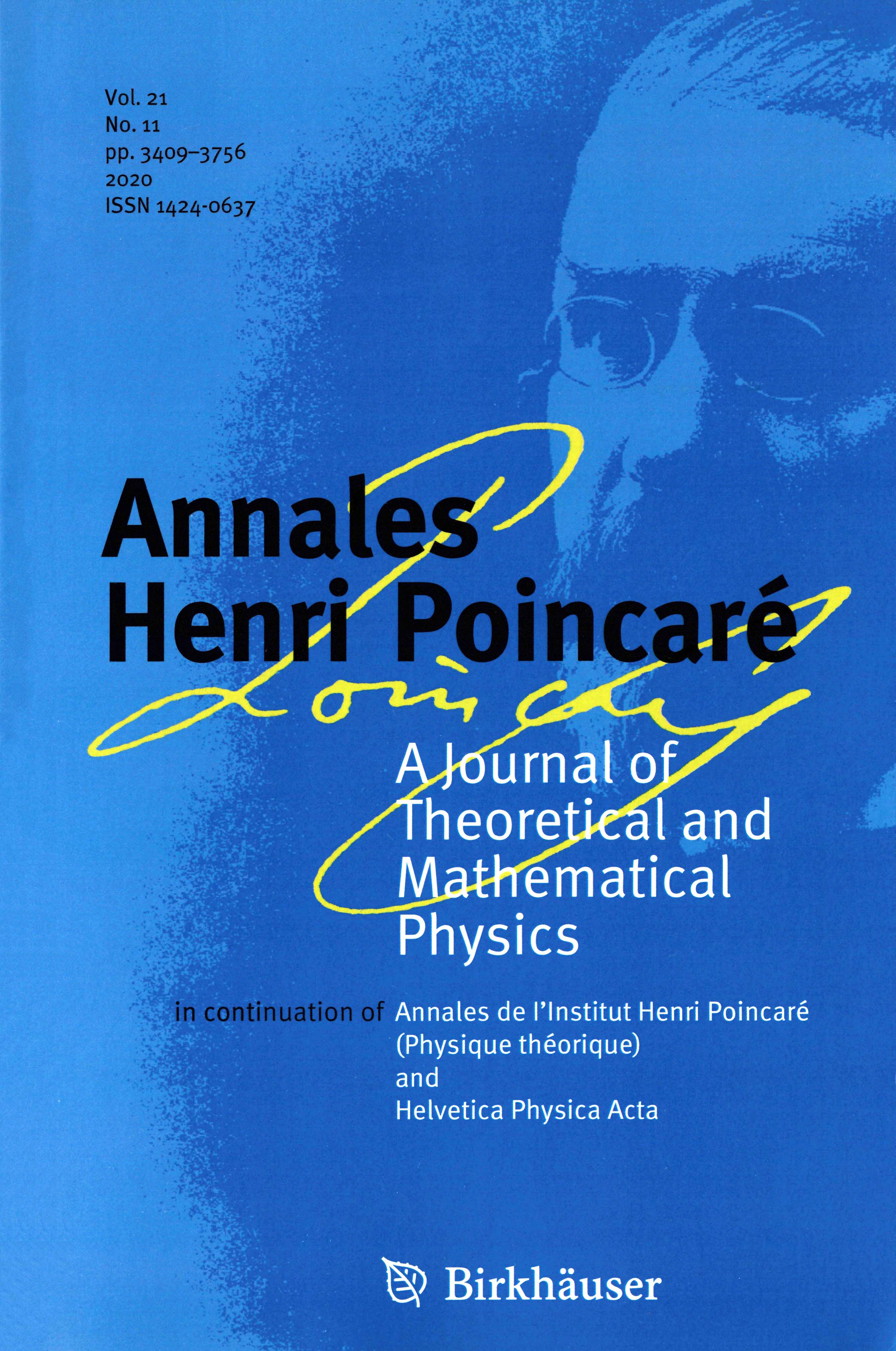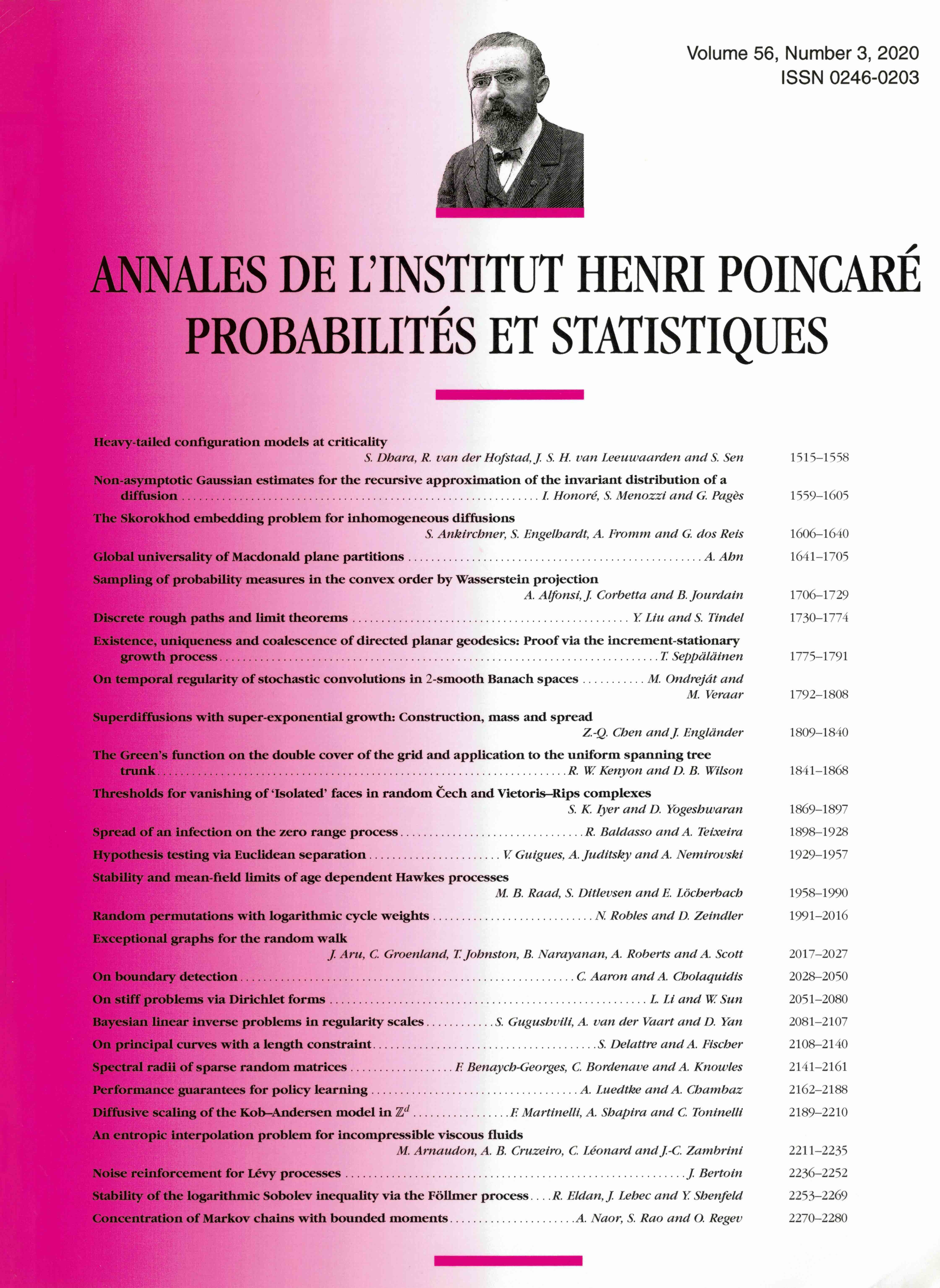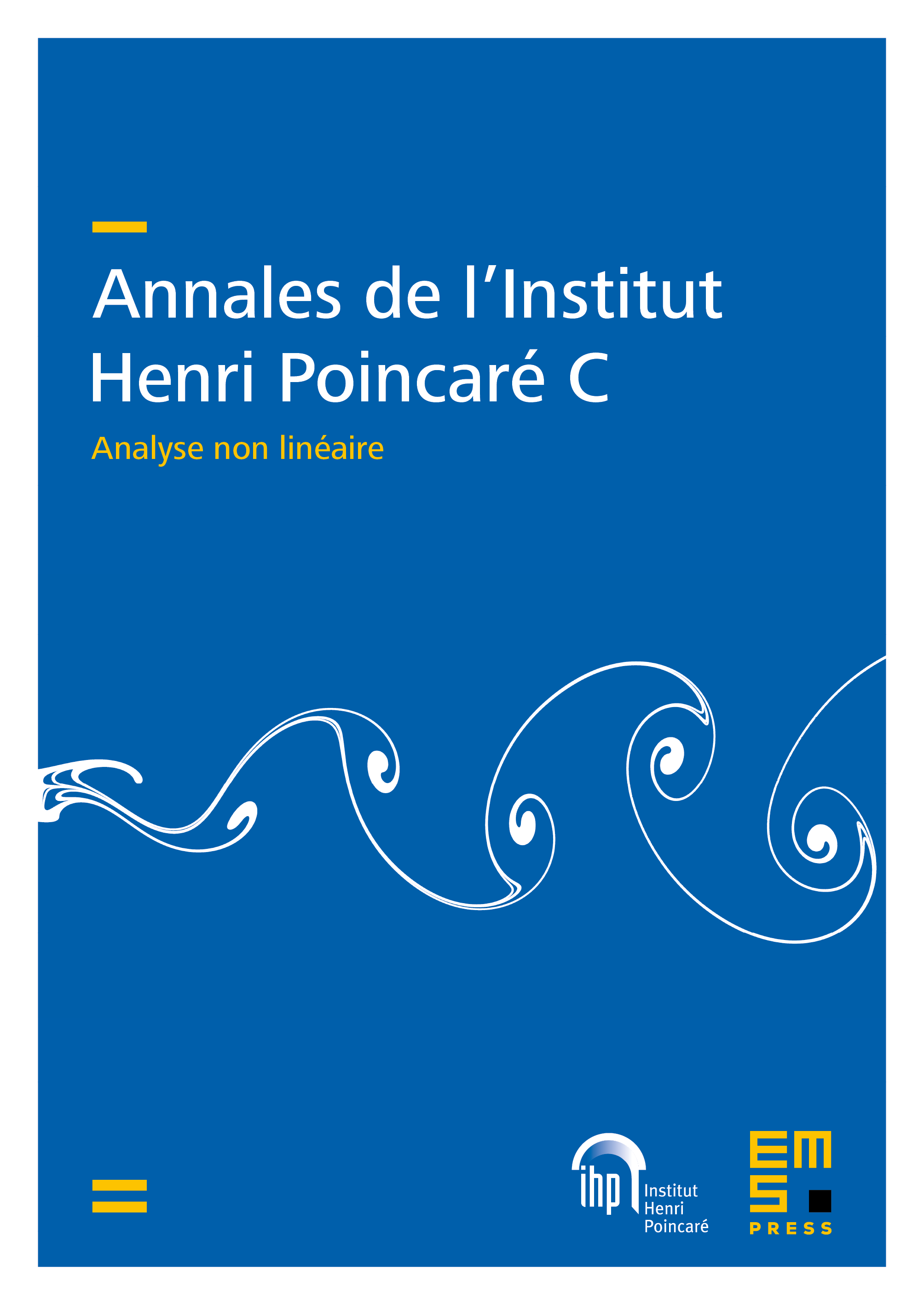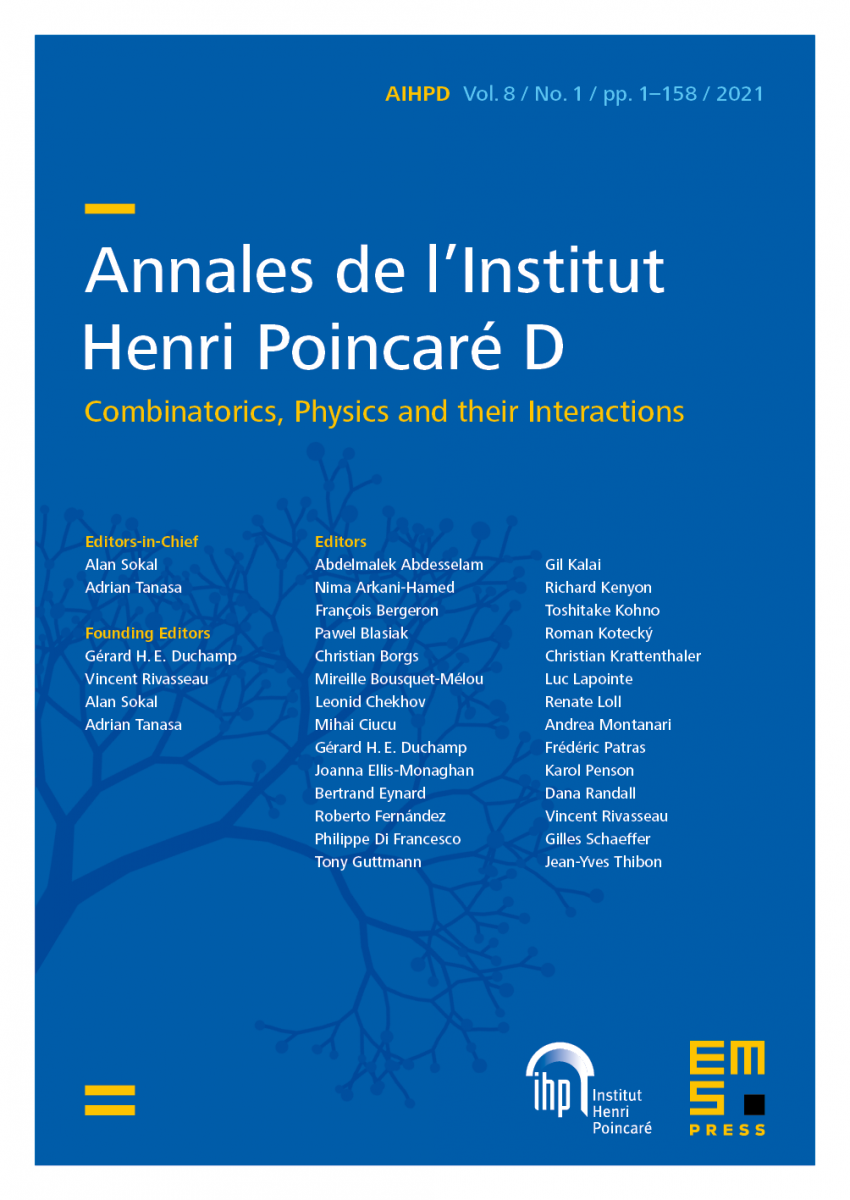Publications de l’IHP
Annals (of the Institut) Henri Poincaré
History of the annalsAnnals of the Institut Henri Poincaré
From 1930, IHP started its own journal, the Annales de l'Institut Henri Poincaré. Among the first authors were Einstein, Darwin, Fermi, De Donder, Pólya, Lévy, Kostitzin, Born, Brillouin, Bloc, Dirac, Carleman, etc. Aside them, contributors to the first years of the journal included: Birkhoff (the collaborator of É. Borel in the foundation of the IHP) in dynamic systems; the founders of the mathematical theory of probabilities (other than Lévy) Cantelli, de Finetti, von Mises; the philosopher Reichenbach, physicists Schrödinger, Pauli, Gamow, etc.
All issues have been digitized and are available onNumdam.org.
Annales Henri Poincaré and Annales de l’IHP – B/C/D
The Annals of the Institut Henri Poincaré were split in 1964 into two thematic branches (corresponding to the two disciplines which motivated the founding of the institute in 1928): series A for theoretical physics, and series B for probabilities and statistics.
Twenty years later series C was created for nonlinear analysis.
In 2000 series A merged with Helvetica Physica Acta to give the Annales Henri Poincaré.
Finally in 2014 series D was created, dedicated to the theme: combinatorics, physics and interactions.
Thus the original Annales de l'Institut Henri Poincaré became the Annales Henri Poincaré, and the Annales de l'Institut Henri Poincaré B, C and D. They belong to the Association Publications de l'Institut Henri Poincaré, jointly with the Swiss Physical Society for the first title.
Association Publications de l’Institut Henri Poincaré
In 1982, an association under the 1901 law was created entitled Institut Henri Poincaré, with the aim of "developing, animating and coordinating the outreach activities of mathematicians, among themselves and with the public".
In 1999 this association was renamed Publications de l'Institut Henri Poincaré (PIHP) and its goal became "to develop, animate and coordinate publishing activities in mathematics and physics, and to support the development of the Institut Henri Poincaré.
The PIHP association is traditionally chaired by the director of IHP.
Annals in detail
To learn more about each journal, see the drop-down blocks below.
Annals prizes
Each year, editorial boards of Annals A, B and C award a prize which recognizes the most outstanding article(s) published in their respective journals.

